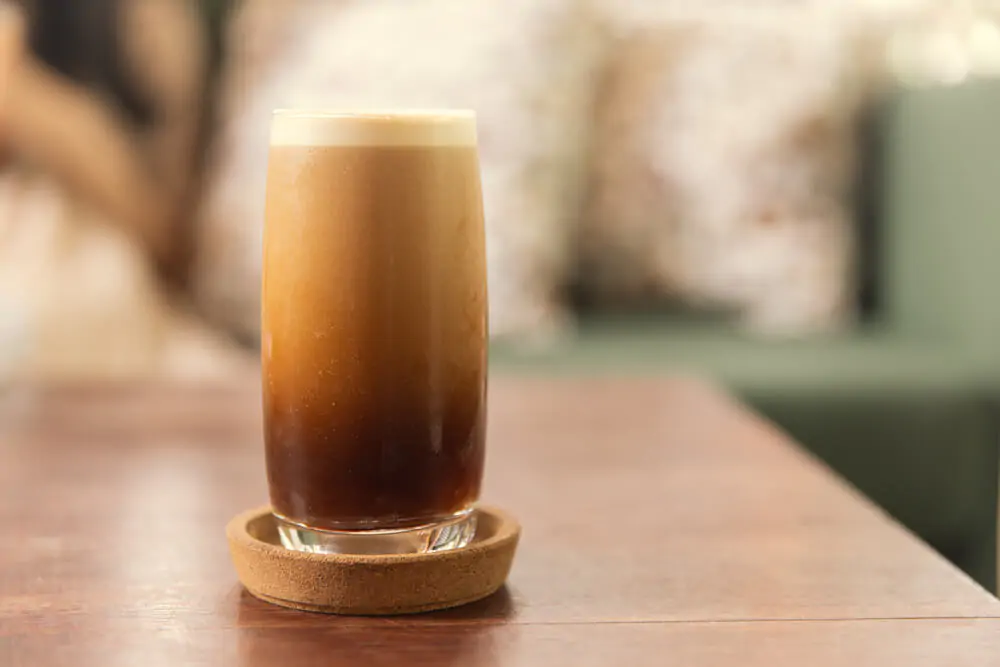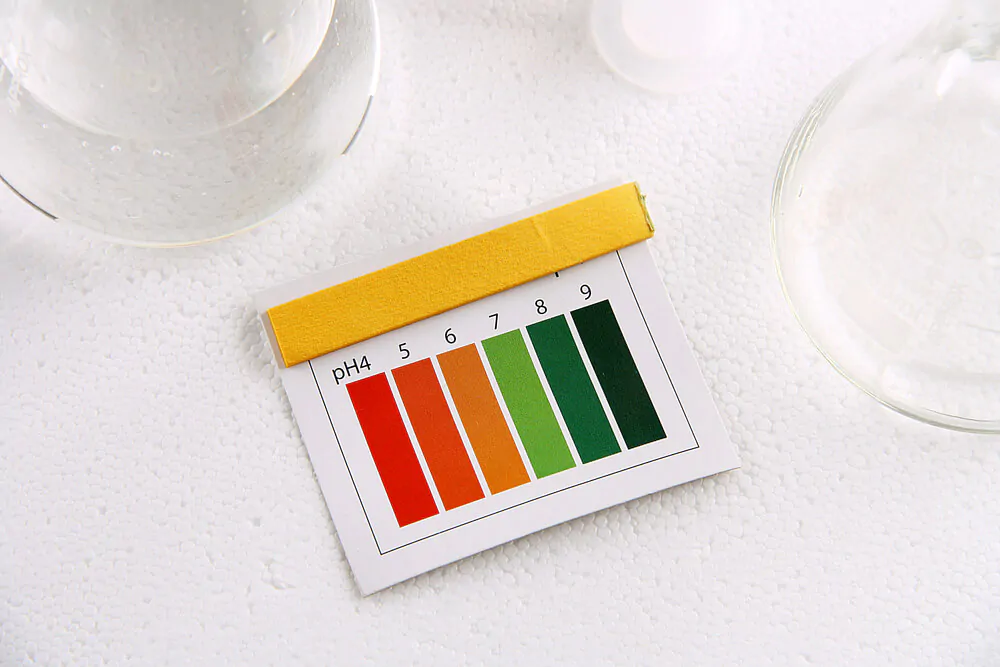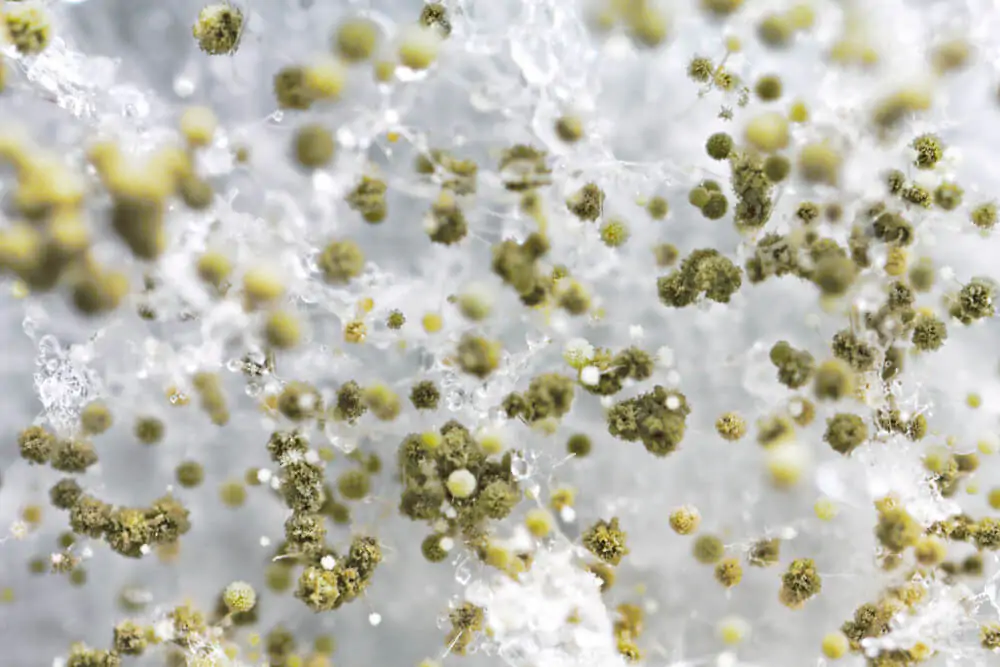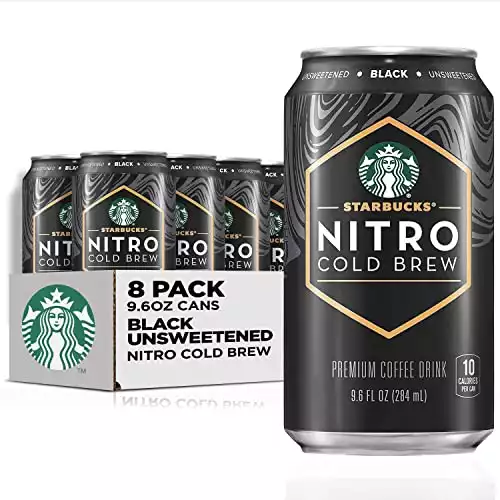Nitro coffee recently transitioned from specialty coffee shops to the home, which means many folks are wondering, how long does nitro coffee last in a keg?

Its incredible flavor and silky-smooth mouthfeel only barely surpass the absolute fun of drinking nitrogen-infused coffee. But to have the best experience with nitro coffee, it has to be as fresh as possible.
That means no more than two-three weeks in the keg for optimal results from home brewing systems like uKeg Nitro or the Royal Brew and several months for a keg of commercial nitro coffee.
What Is Nitro Coffee, Anyway?
Nitro coffee is a cold brew coffee that receives an infusion of nitrogen gas. The result is something that looks like a Guinness beer, with a head of foam and tiny cascading bubbles, but tastes like coffee, only much creamier and a little sweeter. It is available in both draft systems as well as cans.
There is actually a lot of science and a few mind tricks behind the taste of nitro coffee, and it all starts with the fact that nitrogen is almost entirely insoluble in liquids. Since the bubbles don’t dissolve easily, they create a slightly thicker brew that your mouth and brain tend to interpret as cream.
As for the perceived sweetness of cold brew coffee, the base of all nitro coffee is inherently less bitter and has less acid than regularly brewed coffee, making sweeteners unnecessary.
Don’t confuse nitrogen-infused coffee with carbonated coffee. If you ever tried to save a few bucks and use a home carbonation system to add CO2 to cold brew coffee, it probably didn’t take long to realize your mistake.
Adding CO2 to coffee will enhance its acidity, making it almost undrinkable without adding a lot of sugar.
What Causes Coffee To Go Bad?
It’s not a shocker that coffee doesn’t last forever, even if you add nitrogen to it. But adding nitrogen to a sealed keg and properly storing it extends the coffee’s shelf-life greatly compared to freshly brewed coffee.
Smaller, home nitrogen-infusing systems are not as effective in keeping the coffee fresh as commercial systems, but you should still expect a good two to three weeks of freshness. This shorter period of freshness is not usually a problem since most home nitro systems make less than two liters of coffee at a time.
On the other hand, commercial nitro coffee systems use better refrigeration and more advanced infusion methods to extend the coffee’s freshness to up to six months.
Two factors can cause cold brewed coffee to go bad. These are oxidation and microbes.
The Problem With Oxidation
Oxidation occurs when coffee and oxygen interact. Just like the flesh of a freshly cut avocado will start turning brown and losing its texture minutes after coming into contact with air, a similar reaction occurs with coffee. Oxidation causes the PH value of coffee to rise, leading to a bitter taste.

Luckily, nitro coffee has two advantages over regular coffee that significantly slows down the oxidation process. The first is that by filling a keg with nitrogen, less oxygen has a chance of coming into contact with the coffee. The second is that oxidation occurs more rapidly at higher temperatures.
Since nitro coffee is made from cold brew and stored at a low temperature, oxidation will happen much slower.
The Problem With Microbes
While oxidation can lead to a foul taste, it is not likely to cause any actual harm to drinkers. Microbes, on the other hand, are dangerous. These microorganisms, including bacteria and mold, will make anyone who drinks the tainted nitro coffee very ill.
Bacteria and mold need water, oxygen, and food to grow. Although cold-brewed coffee provides plenty of water and food for the microbes to be happy, the infused nitrogen reduces the available amount of oxygen the microorganisms can access. This means bacteria and mold are less likely to thrive.

The best way to prevent microorganisms from growing is to clean and disinfect your keg system each time before brewing. Companies that sell nitro coffee systems can provide more information about proper cleaning methods specific to their machines.
Final Word on How Long Does Nitro Coffee Last In A Keg
Nitro coffee is more than just the flavor of the week. It’s a seriously good coffee option that any person who loves coffee will want to experiment with making on his own. With proper cleaning and maintenance of a brewing and nitrogen infusion system, there shouldn’t be any significant problems with spoilage or getting sick.
FAQs About How Long Does Nitro Coffee Last In A Keg
Is nitro coffee good for you?
Nitro coffee is still coffee, and there are some health benefits to choosing it over other coffee drinks. Since most people drink nitro coffee without adding dairy or a sweetener, there is a reduction in fat and calories. In addition, cold brew coffee is naturally lower in acid, helping those who are prone to acid reflux or have a sensitive stomach.
It’s important to note that cold-brewed coffee has a slightly higher amount of caffeine ounce for ounce than hot coffee. However, people tend to drink smaller amounts of nitro coffee than iced coffee in general.
Do you have to keep nitro coffee in the fridge?
Yes, nitro coffee needs to stay between 38 and 40 degrees. Removing the keg from the fridge even while serving can adversely affect the flavor and severely reduce its shelf-life. When choosing a nitro coffee system, make sure it is not too large to keep in the refrigerator while serving.

